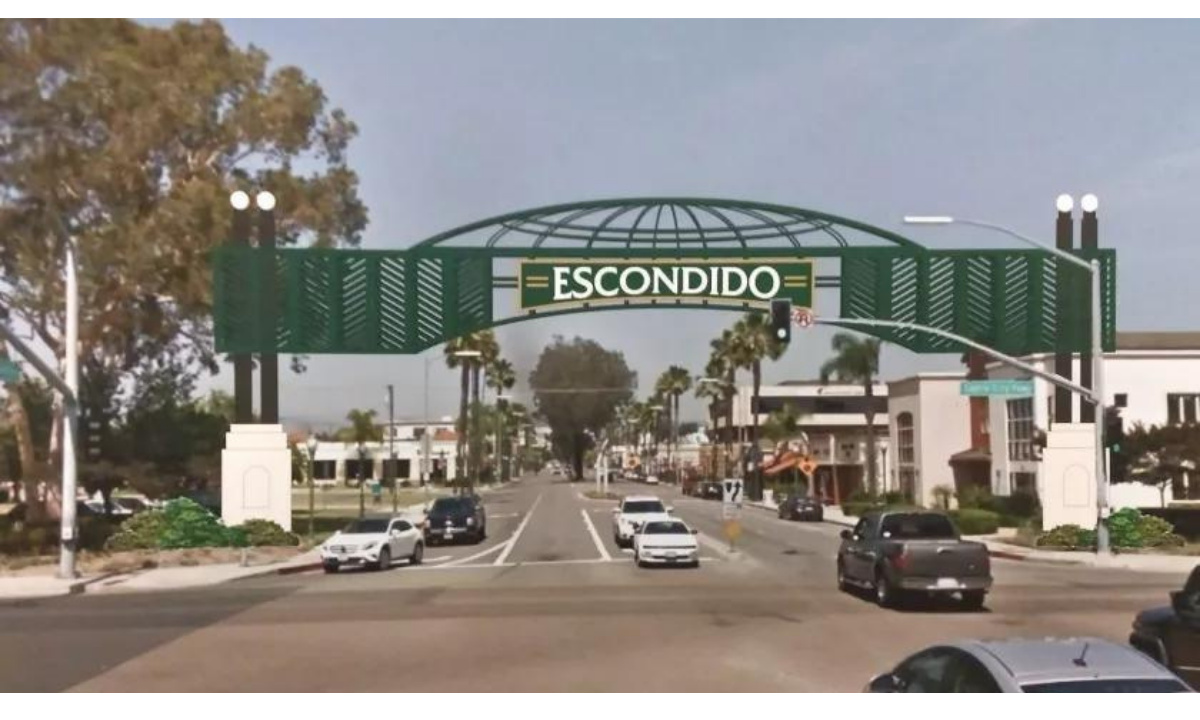Written by Andrew Morris
SANDAG met last week in Escondido to discuss their new gas tax replacement bill. The bill proposes a mileage tax on all motor vehicles to de-incentivize long commute times across the board.
By nature, San Diego’s decentralized structure prompts daily commutes starting at 30 minutes for many people, ensuring dilapidated and hole-filled roads for almost every driver. SANDAG has pushed to mandate a mileage tax to combat this, instead of relying on increasingly higher gas taxes.
The bill has both strengths and weaknesses over the system current system, which are detailed below.
Pros:
- If put into effect, all types of cars—including electric and hybrid models—would be impacted, potentially lowering the current costs for fully gasoline-based cars.
- Older, less efficient cars would be cheaper to drive, making it less expensive for younger or lower income drivers to maintain their vehicle.
- The so called “environmentally friendly” electric and hybrid cars would have a slightly lower appeal, which would mean less need for li-po battery replacement after roughly a 20,000-mile lifetime.
Cons:
- Such a tax would have a problem with implementation, a an almost indefinite government overreach would occur. Would you want your mileage tracked by the government? How often? Would you want to pay for it?
- Cheaper gasoline—though it would make consumers’ lives easier—would result in more oil sales, and thus more revenue going to Middle Eastern countries, all due to our President’s shut down of American oil riggings and refineries.
- The exact specifications of the bill are unknown to the general public. A staunch increase in taxes could mean everyone is paying more, not just hybrid and electric car owners.
These cut and dry ideas create a clear dilemma for both citizens and officials alike, but other complications should also be considered. For instance, electric cars might drop in sales after such a bill, which would result in less funding for research into cleaner battery systems. This would return and bite the government, which is already poised to create sustainable and less harmful batteries with further studies.
Alternatively, however, one could argue these systems are already heavily supported and subsidized by the government, giving priority HOV lanes, write offs, and tax reductions in many cases. A relatively small tax would not substantially deter consumers from purchasing electric vehicles, especially considering the following corporations like Tesla have amassed.
Furthermore, these vehicles still wear on the same roads, use tax-funded infrastructure such as stop lights and the DMV, and accumulate waste through battery waste and disposal.
With all this in mind, many SANDAG members are divided in what avenue the group should take, but it is highly probable a decision for the measure would create a precedent in external communities, completely changing our current system.
Photo Cred: J. Harry Jones/ SD U-T




